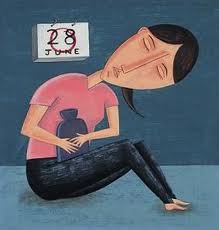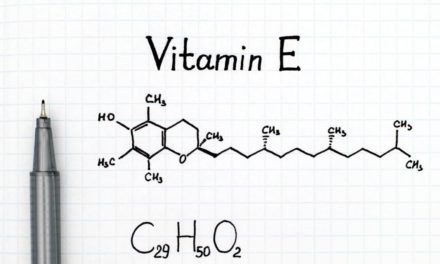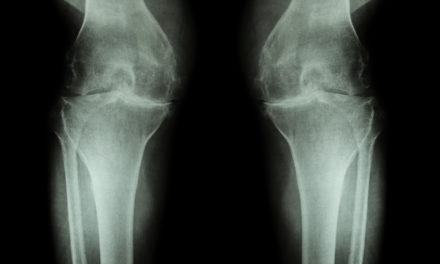 A study appearing in the American Journal of Obstetrics and Gynecology (April, 1996;174(4):1335-8) looked at the effect omega-3 fatty acid supplementation had on dysmenorrhea. The 42 subjects, adolescent girls suffering with dysmenorrhea, were divided into two groups. For two months the first group was given 1,080 mg of eicosapentaenoic acid (EPA) and 720 mg of docosahexaenoic acid (DHA) and 1.5 mg of vitamin E per day, followed by 2 months of receiving a placebo. After receiving the placebo for two months, the first group received supplementation for an additional two months. A second group was given a placebo for the first two months, supplementation the second two months, and placebo for the final two months. As measured by the Cox Menstrual Symptom Scale, both groups experienced a reduction in symptoms after two months of supplementation with omega-3 fatty acids.
A study appearing in the American Journal of Obstetrics and Gynecology (April, 1996;174(4):1335-8) looked at the effect omega-3 fatty acid supplementation had on dysmenorrhea. The 42 subjects, adolescent girls suffering with dysmenorrhea, were divided into two groups. For two months the first group was given 1,080 mg of eicosapentaenoic acid (EPA) and 720 mg of docosahexaenoic acid (DHA) and 1.5 mg of vitamin E per day, followed by 2 months of receiving a placebo. After receiving the placebo for two months, the first group received supplementation for an additional two months. A second group was given a placebo for the first two months, supplementation the second two months, and placebo for the final two months. As measured by the Cox Menstrual Symptom Scale, both groups experienced a reduction in symptoms after two months of supplementation with omega-3 fatty acids.





